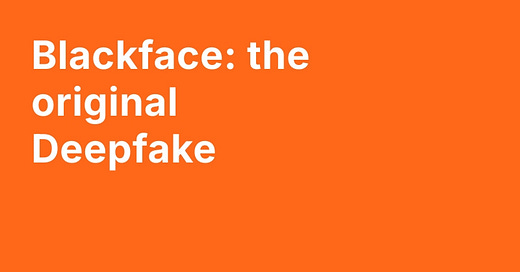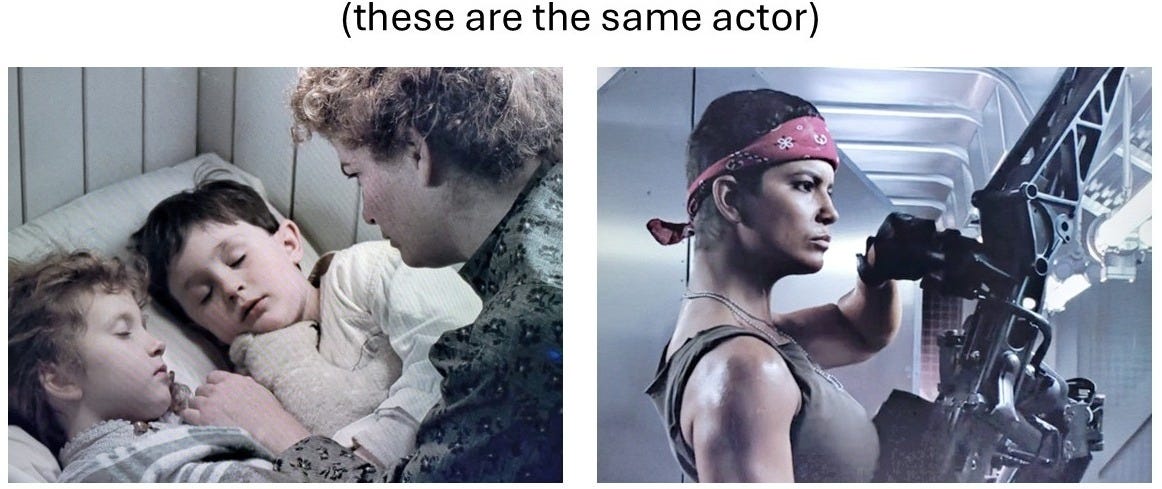One thing every non-white person in America knows: When someone who looks like you does something wrong on TV, some people are going to take it out on you. It’s usually not intentional, but if, for example, you’re the only black person they know and they see a vicious black crime suspect on TV, some part of their brain is going to think of you. It works the other way too. I used to have a boss who treated me really nicely whenever I dressed like Tiger Woods.
If you don’t understand what I’m talking about, imagine that you bear an undeniable resemblance to a very famous person. Let’s say Shia LaBeouf. You’re not so similar as to be frequently mistaken for him, but it’s impossible for most people to see you and not to think of Shia LaBeouf. This may not be a problem every day. On the day that the news reported that he was being sued for “relentless abuse”1, however, you may have found that, in some interactions, people’s subconsciouses were working against you.
Forty years ago, things were even worse. There were fewer journalistic standards with regard to when to mention a suspect’s ethnicity. If a suspect was white, their ethnicity was usually not mentioned. This led to the impression that only non-white people committed crimes. Even worse was the portrayal of black people in fiction. When I was a kid I sometimes had to worry about what the bad guy did on Knight Rider.
Of course, that’s nothing compared to the situation forty years before that. Through the 1940s, black characters —based in stereotypes — were often portrayed by white actors in black face paint for the enjoyment of white audiences. Blackface was a self-reinforcing closed-loop prejudice factory.
Somehow brownface persisted even longer:
As I’ve mentioned previously in the context of the surveillance state2, technology has the power to put white Americans into situations previously experienced only by minorities. With the advent of the deepfake (video and audio that realistically fabricate someone’s likeness and can be made to depict literally anything), anyone can understand — or eventually be forced to understand — what it’s like to face consequences for actions you did not take and over which you had no control. You don’t have to be non-white (or a celebrity doppelganger) anymore to have someone else’s image out there changing people perceptions of you.
Ideally, this will enable some much-needed empathy. Even otherwise brilliant people like Trey Parker and Matt Stone seem completely ignorant to the harm blackface has caused. Parker calls it fucked up3 that they weren’t allowed to voice the South Park character, Chef:
I doubt he’s unaware that this could easily have buried us in an avalanche of Amos 'n' Andy radio show knockoffs. More likely, he’d ask why that would be bad. The answer, to quote comedian D. L. Hughley: The most dangerous place for black people to live is in white people's imagination.





